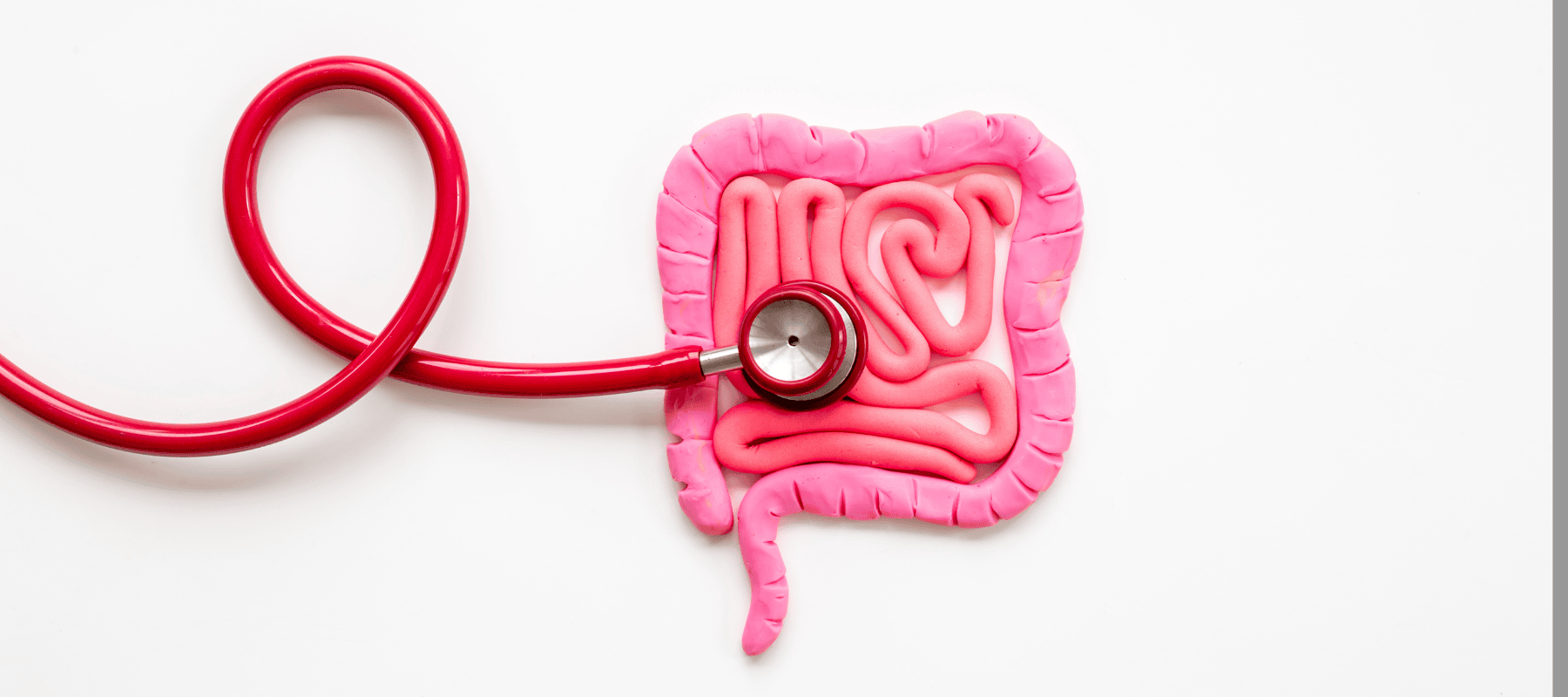When we think about health, we often focus on what we can see — glowing skin, strong muscles, or a healthy weight. But one of the most important systems that controls how we feel and function every day is something we can’t see at all: our gut.
What Exactly Is Gut Health?
Your gut is more than just your stomach and intestines. It’s home to trillions of microorganisms — bacteria, fungi, and even viruses — collectively known as the gut microbiome. These tiny organisms help digest food, produce vitamins, regulate hormones, and strengthen the immune system. In other words, they’re your silent partners in health.
When the gut microbiome is balanced, it supports everything from energy levels to mood. But when it’s out of balance — a state known as dysbiosis — problems like bloating, fatigue, food sensitivities, and inflammation can arise.
Why Gut Health Matters Beyond Digestion
A healthy gut influences more than digestion. Here’s how it impacts your overall well-being:
- Immune function: About 70% of the immune system resides in the gut. A diverse microbiome helps the body identify and fight harmful invaders.
- Mental health: The gut and brain communicate through the “gut-brain axis.” An imbalanced gut can contribute to anxiety, stress, and mood swings.
- Skin health: Skin conditions like acne, eczema, and rosacea often improve when gut inflammation decreases.
- Metabolism and weight: A balanced microbiome helps regulate blood sugar and fat storage, supporting healthy metabolism.
Everyday Habits to Improve Gut Health
You don’t need drastic changes — small, consistent habits make a big difference:
- Eat more fiber: Load up on fruits, vegetables, legumes, and whole grains to feed beneficial bacteria.
- Include fermented foods: Yogurt, kefir, sauerkraut, kimchi, and kombucha naturally boost gut-friendly microbes.
- Stay hydrated: Water aids digestion and helps maintain a healthy gut lining.
- Manage stress: Meditation, walks, or simply breathing deeply can reduce gut-related inflammation.
- Sleep well: Poor sleep disrupts the microbiome and affects digestion and mood.
The Bottom Line
Your gut is like an ecosystem — the more balanced and nourished it is, the better you’ll feel inside and out. By prioritizing whole foods, mindfulness, and lifestyle balance, you can build a stronger, more resilient gut — and a healthier you.


